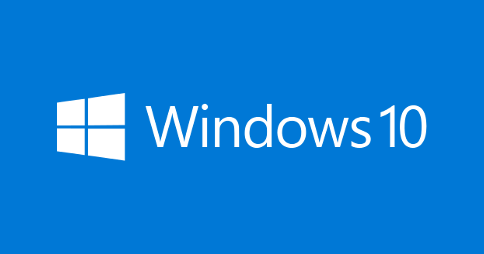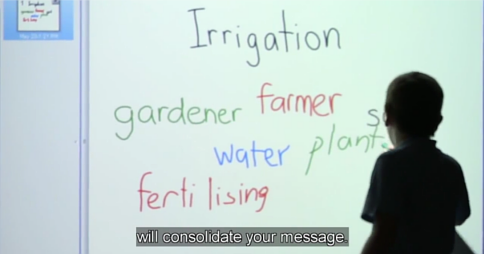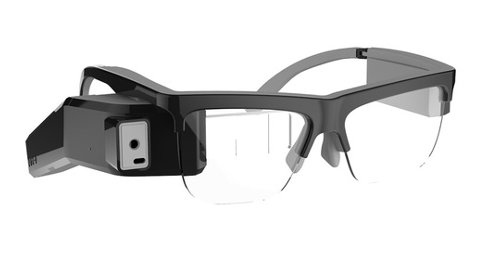Disability
Connect Ability Challenge awards accessible tech innovators
Parents support captions in the classroom
no
Show on home page

While the focus of the organisation is on supporting families, it often works with schools and classroom teachers to ensure they are aware of the needs of deaf children in the classroom.
Taxonomy:
Top of page
Blind viewers are dreaming of streaming
no
Show on home page

People who are blind or vision impaired have also been excited by these new developments, but a key issue for them is whether the content is audio described or not and whether the platforms to access these services are accessible.
Taxonomy:
Top of page
Windows 10 launches with accessibility improvements
Captioned video and transcripts – ideal access and teaching combination
Real-time captioning glasses premiere at French arts festival
Ofcom consults on accessibility of on-screen TV guides
Five key captioning roles for specialist educators
no
Show on home page

Five key roles you can play are:
1. Broadening the reach of access services to others
Taxonomy:
Top of page







